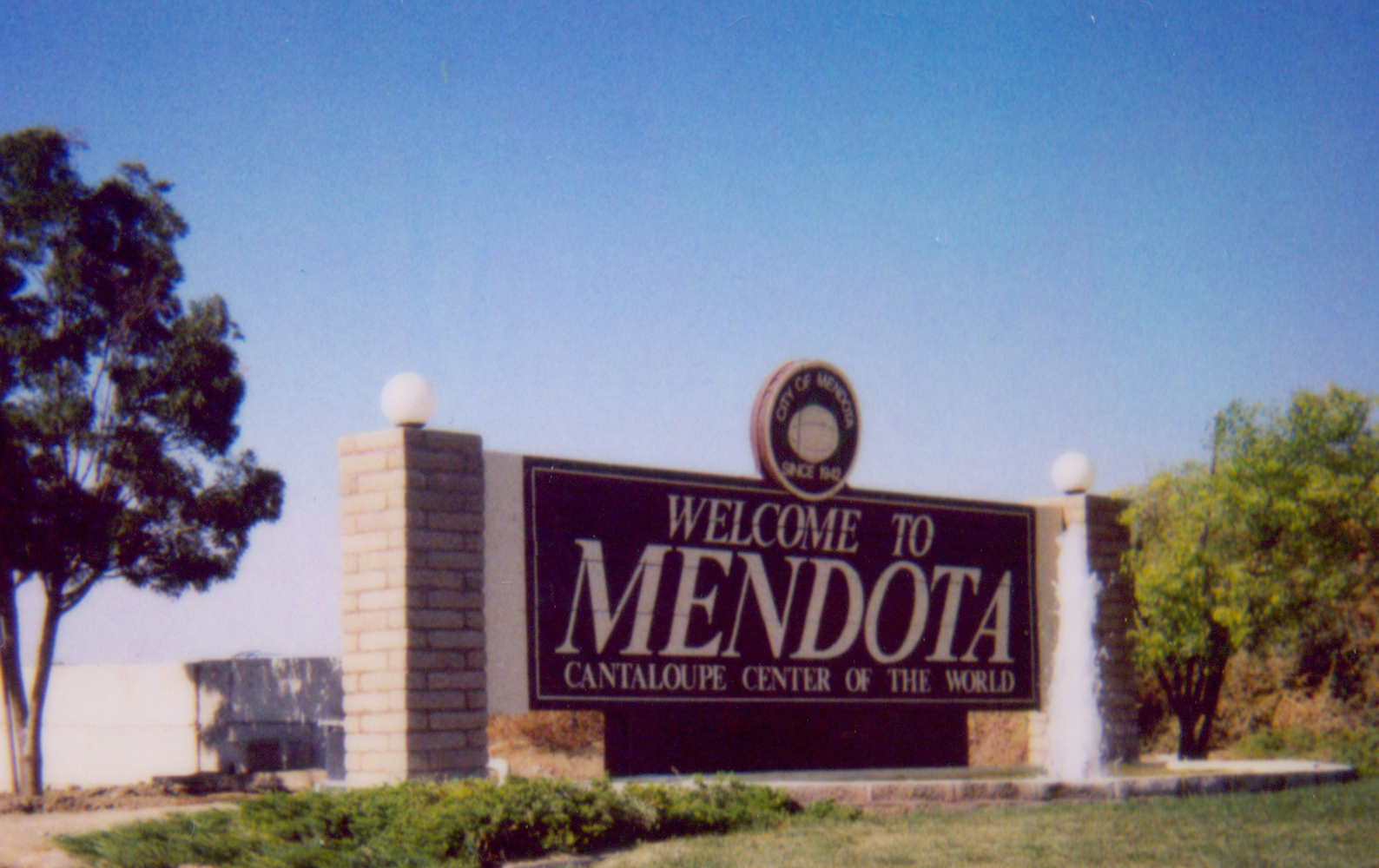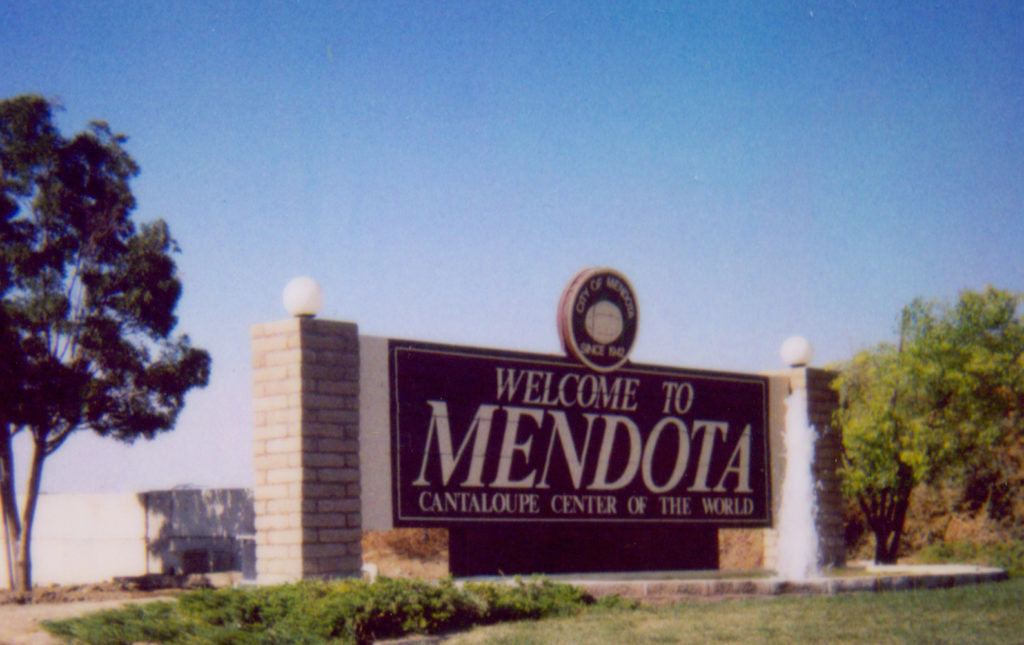

Mendota is a small city in western Fresno County that is known as the “Cantaloupe Center of the World” and for having some of the best pupuserias (restaurants specializing in pupusas, a traditional dish of El Salvador) in Fresno County. A new project might put Mendota on the map as the first community in California to operate a biomass energy and carbon capture and storage (BECCS) facility. What does that fancy phrase mean? Would this benefit or harm the community?
Biomass facilities are not new in California, and certainly not new for Mendota. According to the Federal Energy Management Program, biomass is a method to generate electricity through the combustion, gasification, pyrolysis or anaerobic digestion of agricultural waste or woody materials (e.g., wood chips, pellets, sawdust).
In Mendota, Coventa operated a biomass facility that burned agricultural waste and dead trees to generate electricity. That facility has been idled for almost a decade, but that might change.
A group of companies—led by Chevron and Clean Energy Systems (CES)—has purchased the old biomass plant and submitted permits to regulatory agencies (including the U.S. Environmental Protection Agency and the San Joaquin Valley Air Pollution Control District) to reopen the biomass facility and add a new component: carbon capture and storage (CCS).
The reopening of the biomass plant should concern residents of Mendota and the entire San Joaquin Valley. Why? Biomass power plants are dirty, inefficient and expensive. They emit large quantities of air pollutants (primarily PM2.5) and more carbon pollution per megawatt-hour than coal plants.
Residents of the mobile home park Capital Mobile Inc.—which is just one-half mile from the biomass site—know that. They recall smoke from the Coventa plant exacerbating respiratory problems and a few babies being diagnosed with asthma.
The San Joaquin Valley is in severe noncompliance with the PM2.5 national standards. PM pollution causes an estimated 1,200 premature deaths in the Valley every year, and ultrafine particles are linked to premature death and serious health problems including heart disease, stroke and aggravated asthma. It therefore makes no sense to allow new sources of pollution that will exacerbate existing air pollution and associated health problems.
Of even greater concern is that the reopened Mendota biomass plant will add technology to capture carbon dioxide (CO2) and store it under the facility. If allowed, the Mendota BECCS will be the first of its kind in the state; in fact, only a dozen such projects have operated anywhere in the country.
The experiences of these projects are another cause for alarm among residents in the host communities. For example, in February 2020 a carbon pipeline ruptured in Yazoo County, Mississippi, requiring hundreds to be evacuated and dozens were hospitalized with symptoms including extreme disorientation, unconsciousness and seizures.
If a similar incident were to occur in Mendota, it would be disastrous. Mendota does not have a hospital; the closest hospitals are in Madera and Fresno, which are 40–50 minutes away. Most residents in Mendota are low-income and uninsured farmworkers. It would be unconscionable to inflict such additional danger to these residents.
Proponents of CCS claim the practice is a climate solution that could help California and the country achieve carbon neutrality goals. Companies operating such projects elsewhere in the United States and abroad promised to capture 80% of the CO2, but they have captured only half that amount.
In some cases, the facilities even produced larger amounts of CO2! Furthermore, the United Nations’ climate body has called out the “risk of carbon dioxide leakage from geological storage” and pipelines.
California has a terrible track record of capping and monitoring abandoned traditional oil and gas wells, which has led to mass amounts of underreported methane leakage. New infrastructure for CCS would present similar risks. Experts have also warned that underground storage of CO2 might trigger earthquakes and potentially contaminate drinking water.
Despite all these risks, representatives of Chevron and CES sold the project to Mendota City Council members during a November 2021 Council meeting as the best thing that could happen to the community. When questioned about the multiple risks that the project poses to the community, the city attorney stopped the discussion arguing that there would be time for “extensive dialogue and public comments” at a later time.
The U.S. EPA Region 9 office is currently reviewing the permit application and will soon release its draft permit for public comment. This is an opportunity for Mendota residents and everyone who cares about improving the air quality in the Valley to speak up and say, “enough is enough!”
If the BECCS technology is so good, take it to the communities where the owners of these companies live. Don’t come and use Valley communities as guinea pigs for new untested technologies. These communities have experienced enough environmental injustices.
